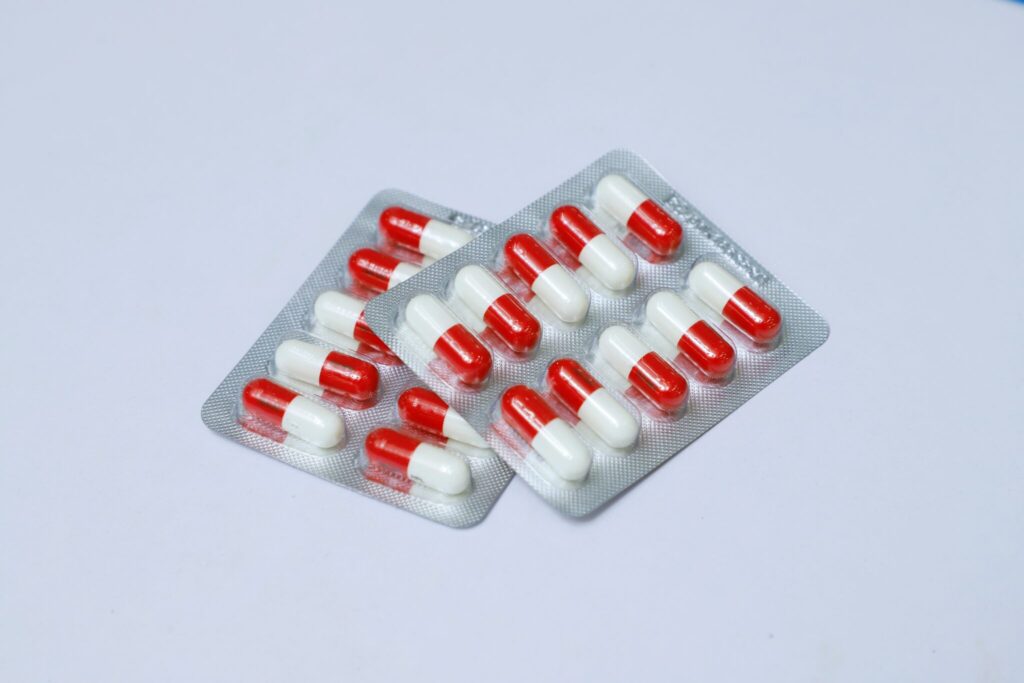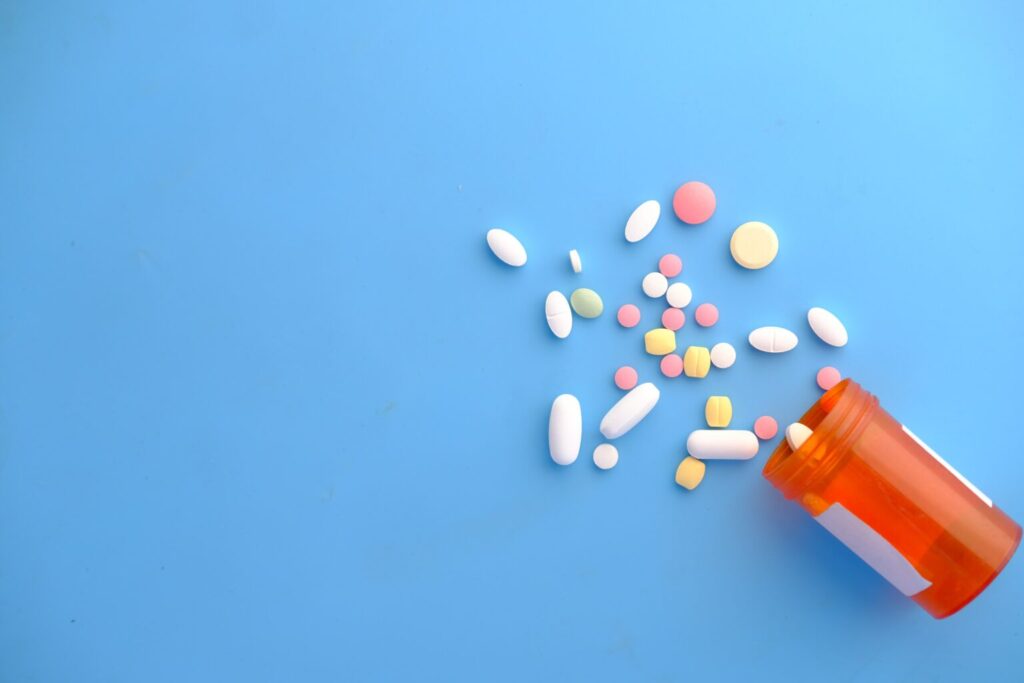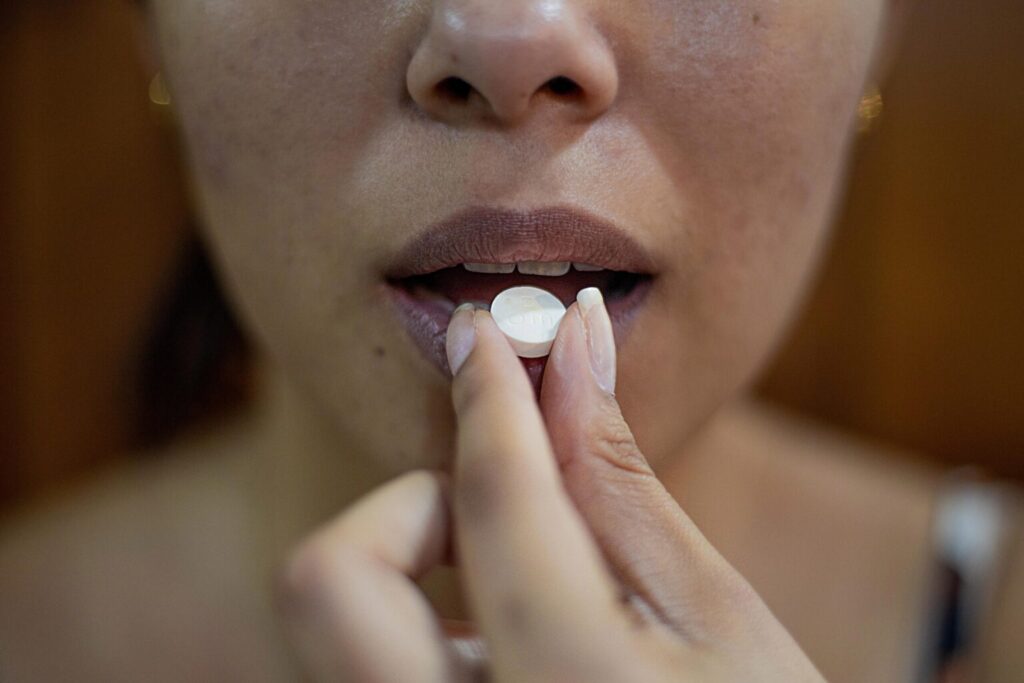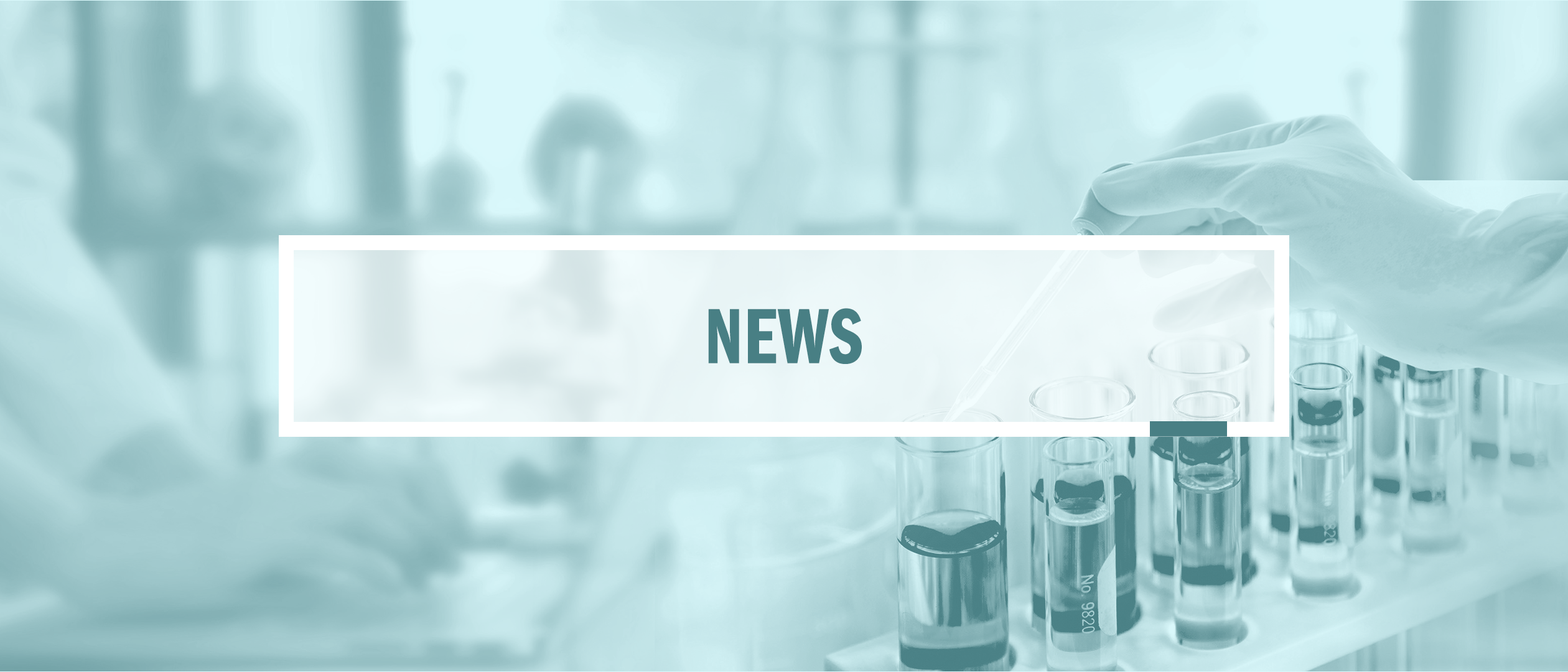News Team member Caroline Hansen reports that hospital closures across the United States threaten equitable healthcare access for rural populations and demand solutions.

By: Lexi Rosmarin
Imagine this: your head starts hurting, just like it does every few days. Nothing seems to cure the pain, so you decide to enroll in a trial for a new medication that could help your headaches. You take the medication that your doctor prescribed to you, as part of the trial. Just like that, your headache clears up and you can go on about your day. Great! But, what if the next time you went to the doctor, she tells you that she gave you a sugar pill instead of the actual medication. How can that be? You tell your doctor that you took the medication and it helped your headache right away. You were so excited! Your doctor tells you that it worked because of the placebo effect, an almost magical seeming psychological phenomenon where the body can heal itself naturally, as if you had actually taken the medication.
The placebo effect offers a new perspective on healing that honors a patient’s psychological experience as much as their physical symptoms. In medicine, the focus is often on clinical aspects of healing — numbers improving, medication dosages, etc. However, conventional medicine can at times fail to recognize the importance of healing as a person with an illness rather just as a patient. The placebo effect demonstrates the intense impact of healing expectations and compassion in medicine. This can serve as an avenue of natural healing that replicates clinical healing and warrants future research.

To define it more concretely, placebo, and its consequent effect, refers to two different aspects of medicine. First, a placebo group in medicine refers to the group in a randomized control trial that does not receive the treatment being tested, and instead receives a placebo.[1] The equivalent of a sugar pill, a placebo contains no treatment and its purpose is to determine how effective the actual treatment is. Randomized control trials contain two groups: the treatment group that receives the treatment and the control group that receives the placebo. An important part of these randomized control trials is that patients do not know whether they are receiving the treatment or the placebo. This is where the placebo effect comes into play: studies conducted in an attempt to investigate the placebo effect have found that, when patients in these trials receive the placebo but believe that they are receiving the treatment, they can under some conditions have similar benefits as patients who actually received the treatment.[2]
Second, a placebo in medicine also refers to anything discussed or given to the patient that has the goal of putting the patient at ease rather than for pure medical benefit.[3] Compassion in the physician-patient relationship can produce improved outcomes for patients, demonstrating the impact of the placebo effect’s healing power. For example, physicians listening to the patient’s worries, giving a patient reassurance, and validating a patients’ expectations of benefit from a specific healing measure can produce the placebo effect.[4] From simply taking the time to listen and reassure a patient, they see an improvement in symptoms and healing.
The placebo effect is a complex phenomenon, and both aspects of the placebo effect have to do with the activation of the pain and nonpain system in the brain. This system controls experiences of pain reduction and symptom improvement during illness; the placebo effect activates this system to encourage self-healing.[5,6] The inner workings of the placebo effect in the body stem from expectations surrounding pain during illness or treatment. For example, if a patient has expectations around possible pain reduction from being in a randomized control trial, these expectations alone can activate the pain and nonpain systems to play a role in the relief that accompanies the self-healing placebo effect.[7] While more research needs to be done to identify the further inner workings of the brain when the placebo effect is taking place, activation of these pain and nonpain systems through expectations may play an important role in chronic diseases, such as migraines.

The placebo effect’s impact on migraines is fascinating; Harvard Medical School reports that, in a 2014 clinical trial regarding medication for an acute migraine attack, migraine patients’ expectations influence the effects of medication and a placebo.[8] Since this study was about acute migraine attacks, researchers had the opportunity to test the treatment and placebo on each patient. Researchers first gave the patients the treatment pill for the migraine attacks, and then, when the next attack occurred, switched the pill to the placebo, unbeknownst to the patient. Patients reported feeling similar pain relief even after the pill was switched to the placebo, showing the profound effect that expectations of pain relief can have on the activation of pain and nonpain systems.[9] Mysterious yet powerful, the placebo effect gives the body an unexpected opportunity to heal itself.
In addition to the clinical trial aspect of healing in the placebo effect, compassion in the physician-patient relationship may also provide similar healing benefits in the form of placebo. Researchers report that trust, knowledge, regard, and loyalty are the four most important elements that form the compassionate physician-patient relationship and that these have an impact on patient outcomes.[10] In a 2000 study, researchers found that patients who are treated compassionately receive 84% fewer diagnostic tests and are 59% less likely to be referred to a specialist because they feel heard by their current physician, which leads to a lessening of symptoms.[11] Patients often have some expectation that the doctor will provide compassion and healing, even without medical treatment, and this provides healing through the placebo effect.
As the mystery of the placebo effect unfolds, its natural healing benefits provide a new pathway for healing in the medical system. While researchers are still examining the science behind the placebo effect, others can marvel at its mysterious complexity. The placebo effect brings humanity back into medicine and reminds us all of the true magic of the human body.
References:
[1] Colagiuri, B., Schenk, L.A., Kessler, M.D., Dorsey, S.G., & Colloca, L. (2015). The placebo effect: From concepts to genes. Neuroscience, 39: 171-190. https://doi.org/10.1016/j.neuroscience.2015.08.017 [2] Colagiuri, B., Schenk, L.A., Kessler, M.D., Dorsey, S.G., & Colloca, L. (2015). The placebo effect: From concepts to genes. Neuroscience, 39: 171-190. https://doi.org/10.1016/j.neuroscience.2015.08.017 [3] Moerman, D.E. (2002). “Meaning, Medicine, and the ‘Placebo Effect’”. Cambridge University Press. [4] Colloca L. (2018). Preface: The Fascinating Mechanisms and Implications of the Placebo Effect. International review of neurobiology, 138, xv—xx. https://doi.org/10.1016/S0074-7742(18)30027-8 [5] Colloca L. (2018). Preface: The Fascinating Mechanisms and Implications of the Placebo Effect. International review of neurobiology, 138, xv—xx. https://doi.org/10.1016/S0074-7742(18)30027-8 [6] Colloca L. (2018). Preface: The Fascinating Mechanisms and Implications of the Placebo Effect. International review of neurobiology, 138, xv—xx. https://doi.org/10.1016/S0074-7742(18)30027-8 [7] Medoff, Z. M., & Colloca, L. (2015). Placebo analgesia: understanding the mechanisms. Pain management, 5(2), 89—96. https://doi.org/10.2217/pmt.15.3 [8] Prescott, B. (2014). Expectation Influence Effects of Medications and Placebo. Harvard Medical School News & Research. https://hms.harvard.edu/news/expectations-influence-effects-medications-placebo [9] Prescott, B. (2014). Expectation Influence Effects of Medications and Placebo. Harvard Medical School News & Research. https://hms.harvard.edu/news/expectations-influence-effects-medications-placebo [10] Moerman, D.E. (2002). “Meaning, Medicine, and the ‘Placebo Effect’”. Cambridge University Press. [11] Stewart, M., Brown, J.B., Donner, A., McWhinney, I.R., Oates, J., Weston, W.W., & Jordan, J. (2000). The impact of patient-centered care on outcomes. The Journal of Family Practice, 49(9):796-804. PMID: 11032203.